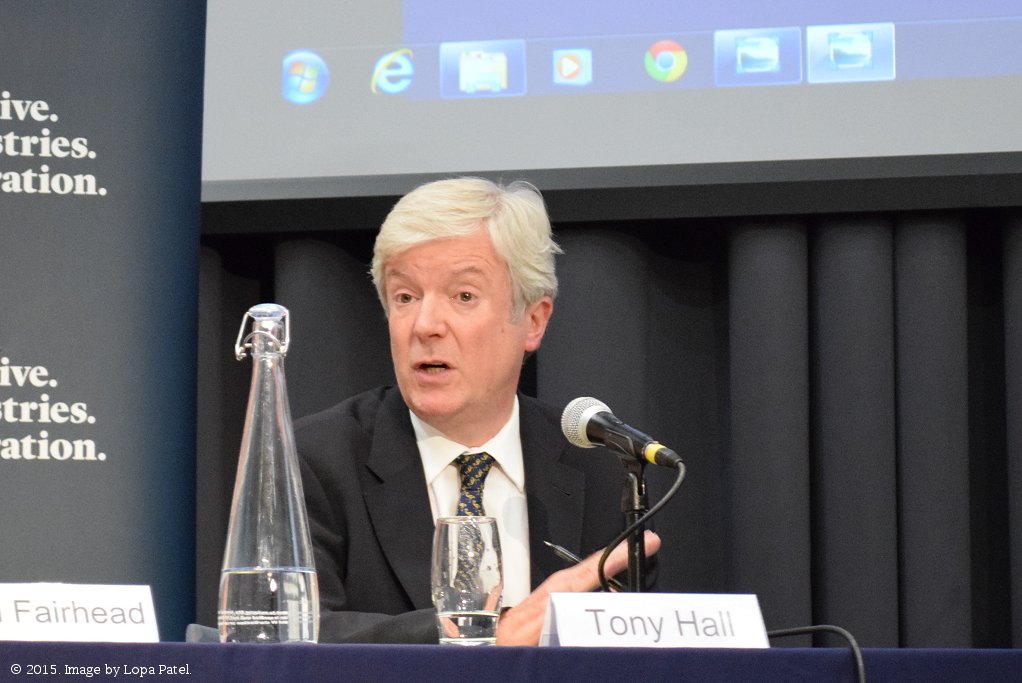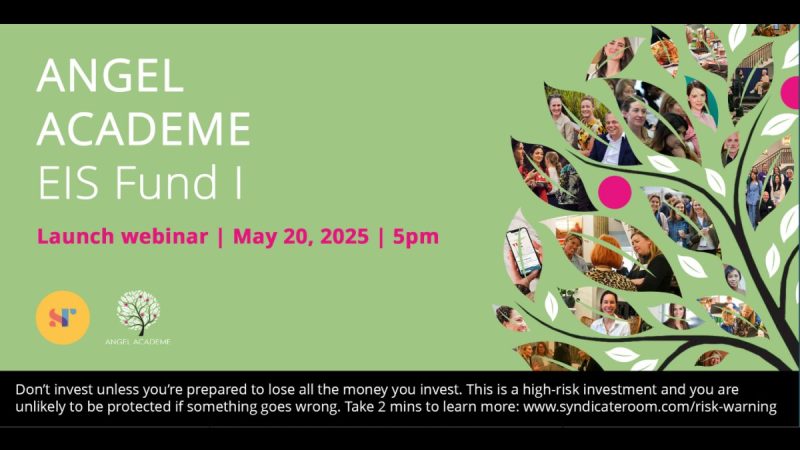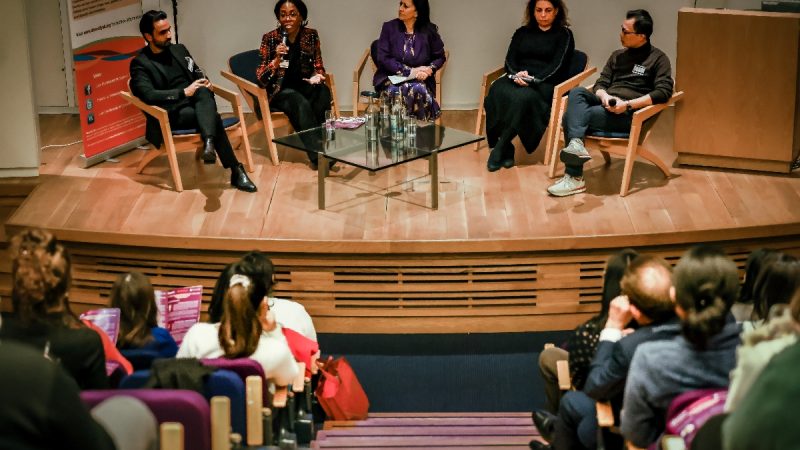Top salaries call into question BBC’s PSB remit

The BBC today (19th July 2017) published its annual report which shows that despite increased competition and changes in technology the BBC continues to reach 95% of the UK adults each week. As part of the publication, the BBC has disclosed the amounts paid to staff and talent over £150,000 from the licence fee in the last financial year. The list of top BBC earners reveals that most are white and male.
The total bill for the 96 personalities was £28.7m but the figures in the report reveal large disparities between what men and women are paid. Chris Evans the top-paid is on between £2.2m and £2.25m; Claudia Winkleman was the highest-paid female celebrity, earning between £450,000 and £500,000 last year.
It is the first time since the formation of the BBC in 1922 that the pay of stars earning more than £150,000 has been made public. The BBC has been compelled to reveal the information under the terms of its new Royal Charter.
Tony Hall, BBC Director-General, says: “Of the 43,000 talent contracts with the BBC last year, less than a quarter of one per cent were paid more than £150,000.
“We have significantly reduced the total bill spent on paying talent, down again this year by 2.5%. The bill for top talent is down 10% year on year, and down by a quarter over the last five years. The amount we pay the very highest earners has dropped by 40% across the same period. At the same time, there has been significant cost inflation across the industry, so that BBC has made savings in an environment where costs are significantly up.
“The BBC has led the way on transparency - which is unique in the media market - publishing salaries of senior managers earning over £150,000 since 2009, and numbers of talent in pay bands since 2010. It is our aim to pay senior managers less than the market rate, and those at the top of the organisation are paid less than half of what their commercial rivals receive.
"At the moment, of the talent earning over £150,000, two thirds are men and one third are women. We’ve set a clear target for 2020: we want all our lead and presenting roles to be equally divided between men and women. And it’s already having an impact. If you look at those on the list who we have hired or promoted in the last three years, 60% are women and nearly a fifth come from a BAME background."
Transparency on public services
Commenting on the publication of the BBC’s top stars’ salaries, Mark Littlewood, Director General at the Institute of Economic Affairs, said: “The publication of the BBC’s top stars’ salaries is a welcome step towards creating transparency between public services and the taxpayers who fund them – particularly while the licence fee is compulsory. Furthermore, these revelations should help cut down the wasteful spending within the corporation. At the moment the BBC is trying to be all things to all people and licence fee payers are the ones picking up the bill. At least now the public will know what they are getting for their money.
“Some have called the publishing of pay potentially ‘damaging’ for the BBC; on the contrary, it should be a wake-up call. Strictly speaking, as a public service broadcaster the BBC should only be providing content that other broadcasters are not providing.
“If the BBC is indeed paying ‘market rates’ to celebrity presenters by dishing out salaries in the realms of £1 or £2 million a year, then it should also be competing in the market with other broadcasters in every other respect. No comedy or cooking show should be protected from market evaluation because it has the taxpayer to fall back on.
“Let’s be hopeful that this transparency will trigger more sensible management of funds and efficient use of licence fee payers’ money.”
Click here to download a copy of the BBC Annual Report 2016 - 17
Click here to download a copy of the BBC Annual Report 2016 - 17 Annex on Pay Disclosures
Click here to download a copy of the BBC Equality Information Report 2017
About the BBC Charter Review 2016
The Royal Charter forms the constitutional basis of the BBC and its last Charter expired at the end of 2016. Following evidence gathering, which included a public consultation, 16 focus groups, 12 in-depth interviews, two independent reports, and engagement with 300 stakeholders, the Government published a white paper detailing its proposals for the BBC. The BBC Charter has since been renewed until the end of 31st December 2027. Among the new proposals accepted by the BBC were the formation of a new unitary board (in place of the BBC Trust); regulation by Ofcom and the publication of executives and presenters earning over £150,000.
Click here to download a copy of white paper: A BBC for the future: a broadcaster of distinction




